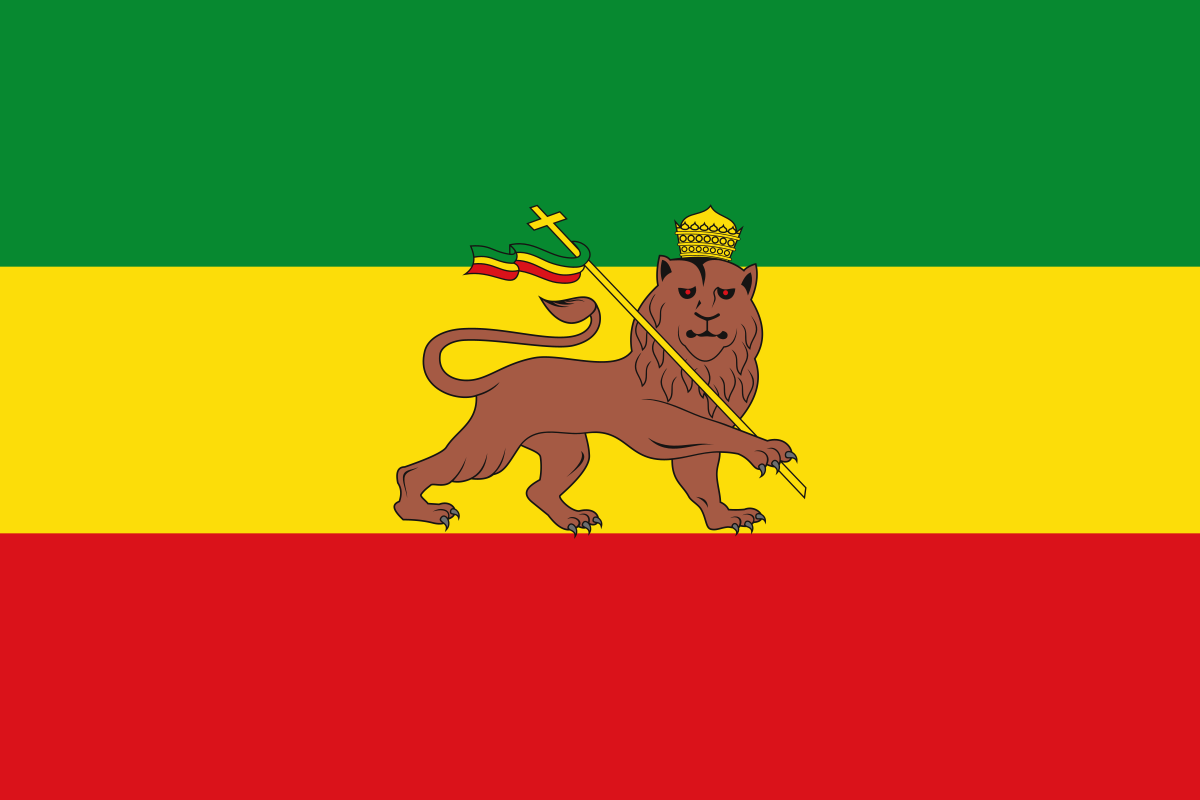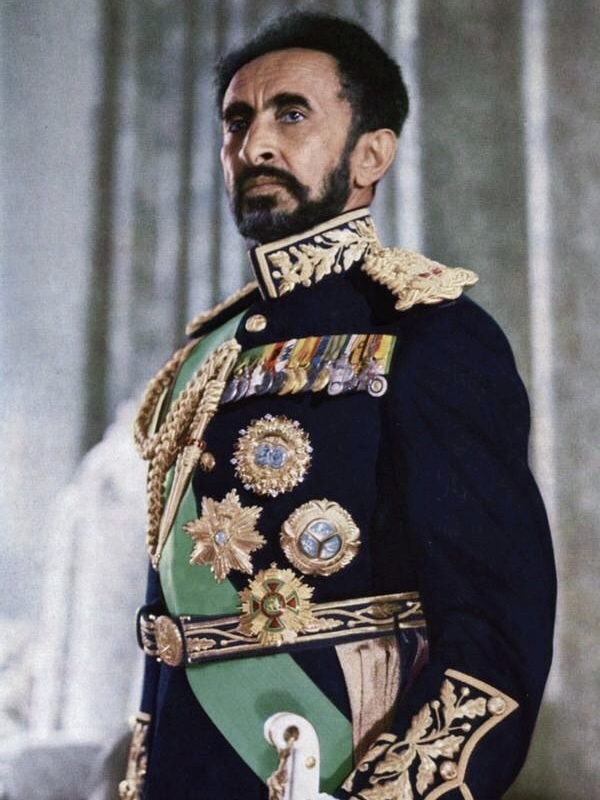steve_bank
Diabetic retinopathy and poor eyesight. Typos ...
It is intersting how a dead African political leader became a messianic fugue to Rastafarians. Perhaps how an HJ became levated to a messiah by non Jews shortly after he would have lived. Ratafarin is bible based, adope and coopted to fit the needs of a downtrodden minority.

 en.wikipedia.org
en.wikipedia.org

 en.wikipedia.org
en.wikipedia.org

Rastafari - Wikipedia
Rastafari, sometimes called Rastafarianism, is an Abrahamic and ethnic religion that developed in Jamaica during the 1930s. It is classified as both a new religious movement and a social movement by scholars of religion. There is no central authority in control of the movement and much diversity exists among practitioners, who are known as Rastafari, Rastafarians, or Rastas.
Rastafari beliefs are based on a specific interpretation of the Bible. Central to the religion is a monotheistic belief in a single God, referred to as Jah, who is deemed to partially reside within each individual. Rastas accord key importance to Haile Selassie I, emperor of Ethiopia between 1930 and 1974; many regard him as the Second Coming of Jesus and Jah incarnate, while others see him as a human prophet who fully recognised Jah's presence in every individual. Rastafari is Afrocentric and focuses attention on the African diaspora, which it believes is oppressed within Western society, or "Babylon". Many Rastas call for this diaspora's resettlement in Africa, a continent they consider the Promised Land, or "Zion". Some practitioners extend these views into black supremacism. Rastas refer to their practices as "livity". Communal meetings are known as "groundations", and are typified by music, chanting, discussions, and the smoking of cannabis, the last regarded as a sacrament with beneficial properties. Rastas emphasise what they regard as living "naturally", adhering to ital dietary requirements, wearing their hair in dreadlocks, and following patriarchal gender roles.
Rastafari originated among impoverished and socially disenfranchised Afro-Jamaican communities in 1930s Jamaica. Its Afrocentric ideology was largely a reaction against Jamaica's then-dominant British colonial culture. It was influenced by both Ethiopianism and the Back-to-Africa movement promoted by black nationalist figures such as Marcus Garvey. The religion developed after several Protestant Christian clergymen, most notably Leonard Howell, proclaimed that Haile Selassie's crowning as Emperor of Ethiopia in 1930 fulfilled a Biblical prophecy. By the 1950s, Rastafari's countercultural stance had brought the movement into conflict with wider Jamaican society, including violent clashes with law enforcement. In the 1960s and 1970s, it gained increased respectability within Jamaica and greater visibility abroad through the popularity of Rastafari-inspired reggae musicians, most notably Bob Marley. Enthusiasm for Rastafari declined in the 1980s, following the deaths of Haile Selassie and Marley, but the movement survived and has a presence in many parts of the world.
The Rastafari movement is decentralised and organised on a largely sectarian basis. There are several denominations, or "Mansions of Rastafari", the most prominent of which are the Nyahbinghi, Bobo Ashanti, and the Twelve Tribes of Israel, each offering a different interpretation of Rastafari belief. There are an estimated 700,000 to one million Rastafari across the world. The largest population is in Jamaica, although small communities can be found in most of the world's major population centres. Most Rastafari are of black African descent, and some groups accept only black members.
Rastafari is deeply influenced by Judeo-Christian religion,[42] and shares many commonalities with Christianity.[43] The scholar Michael Barnett observed that its theology is "essentially Judeo-Christian", representing "an Afrocentralized blend of Christianity and Judaism".[44] Some followers openly describe themselves as Christians.[45] Rastafari accords the Bible a central place in its belief system, regarding it as a holy book,[46] and adopts a literalist interpretation of its contents.[47] According to the anthropologist Stephen D. Glazier, Rasta approaches to the Bible result in the religion adopting an outlook very similar to that of some forms of Protestantism.[48] Rastas regard the Bible as an authentic account of early black African history and of their place as God's favoured people.[41] They believe the Bible to be key to understanding both the past and the present and for predicting the future,[41] while also regarding it as a source book from which they can form and justify their beliefs and practices.[49] Rastas commonly perceive the final book of the Bible, the Book of Revelation, as the most important part, because they see its contents as having particular significance for the world's present situation.[50]

Haile Selassie - Wikipedia
aile Selassie I (Ge'ez: ቀዳማዊ ኀይለ ሥላሴ, romanized: Qädamawi Haylä Səllasé,[nb 2] born Tafari Makonnen; 23 July 1892 – 27 August 1975)[3] was the Emperor of Ethiopia from 1930 to 1974. He rose to power as Regent Plenipotentiary of Ethiopia (Enderase) for Empress Zewditu from 1916 until 1930. Haile Selassie is widely considered a defining figure in modern Ethiopian history, and the major figure of Rastafari, a religious movement in Jamaica that emerged shortly after he became emperor in the 1930s. Before he rose to power he defeated Ras Gugsa Welle Bitul (nephew of Empress Taytu) of Begemder at the Battle of Anchem in 1928.[4][5] He was a member of the Solomonic dynasty, which claims to trace lineage to the Emperor Menelik I, a legendary figure believed by the claimants to be the son of King Solomon and the Queen of Sheba, who they name as Makeda.
